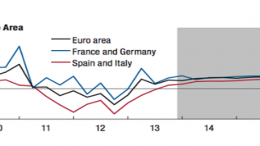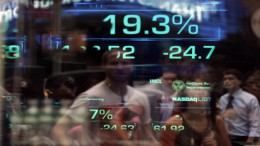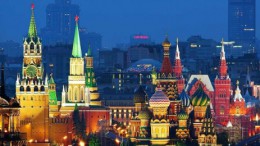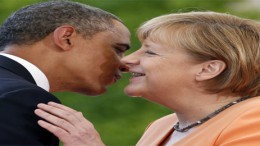The extinction of an American institution—the shopping mall
WASHINGTON | By Pablo Pardo | America is losing one of its culture icons. Born in the 50s to provide customers with both entertainment and a purchasing experience, shopping malls are no longer attractive nor exclusive. As the middle class -which used to be the malls’ main target- is leaving the suburbs due to gentrification, its members prefer to run their errands online or downtown.









